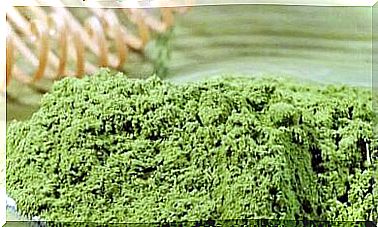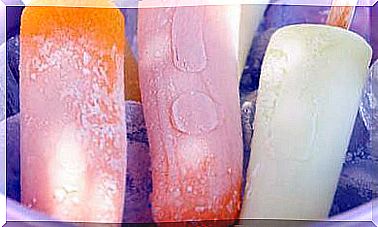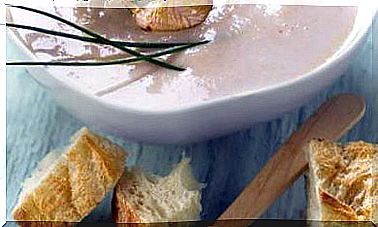7 Natural Allies That Help Your Intestine
Some natural foods and supplements are of great help to prevent the invasion of pathogens and maintain a good transit. Know its advantages.

What we eat has a direct impact on our digestive system. If we do not take care of our diet, we can gradually damage our intestine, which may show signs of inflammation or have greater difficulties in performing its functions.
In turn, these difficulties can alter our intestinal rhythm, generating episodes of constipation or diarrhea. And, beyond this direct and better-known impact, we cannot forget the important role that our intestines have in protecting us from infections.
What foods and nutrients should we include in our diet to support the digestive and immune functions of our intestines ? What is the recommended dosage?
1. Sprouts
The germinated seeds of cereals and legumes have a high vitamin content, in addition to providing carbohydrates, minerals, proteins, chlorophyll and enzymes. For all this they nourish, purify and regenerate the body.
The germination process is similar to that of predigestion, since starch is transformed into more assimilable simple sugars and also dissociates proteins into amino acids.
The sprouts have a prebiotic effect, since they strengthen the intestinal flora, detoxify, reduce inflammation of the intestine and help balance the pH.
They are consumed raw, in salads or complementing all kinds of dishes.
2. Probiotics
These are microorganisms that adhere to the intestinal mucosa, intervene in the modulation of immune cells and prevent pathogenic germs from implanting. Its intake reduces abdominal distention and flatulence.
Probiotics are found in fermented foods like kefir or miso. The best known is Lactobacillus acidophilus , which is involved in the degradation of toxins.
The effective dose ranges from two to six capsules per day, containing several different strains that provide a total of a minimum of 50,000 million microorganisms per day.
3. Plantago (psyllium)
The husk of psyllium ( Plantago ovata ) or plantain seeds contains mucilage, a dense material with emollient, demulcent and laxative properties.
It is soluble fiber that, in contact with water, swells and provides volume and lubrication to the food mass in the digestive tract. This increased volume stimulates the rhythmic waves of contractions that push stool through the colon and shortens intestinal transit.
The recommended dose is 1 to 3 tablespoons of psyllium ground per day and dissolved in a 250 ml glass of water, juice or milk.
4. Chlorella seaweed
It is a unicellular algae of fresh water very rich in chlorophyll, which provides nutrients of great biological value. It also contains chlorelin, a natural antibiotic against pathogenic bacteria, as well as detoxifying polymers that remove heavy metals.
It stimulates cell regeneration and activates the response of macrophages and lymphocytes, and the production of interferon, one of the best defenses against intracellular bacteria.
It is sold in capsules or tablets (which usually contain 300 to 500 mg of powdered seaweed). They are taken 3 to 6 daily.
5. Aloe juice
Its anthraquinone derivatives have antibiotic, bactericidal and analgesic properties. It is also rich in glucomannan, immunostimulating polysaccharides, as well as in plant enzymes that participate in the neutralizing biochemical reactions of free radicals and mediators of the inflammatory response.
Aloe vera juice normalizes pH, improves nutrient absorption, facilitates transit, restores tissues and balances intestinal flora.
The usual thing is to take 10 ml twice a day, dissolved in water or fruit juice, better before meals.
6. Fructooligosaccharides (FOS)
They are certain simple sugars that are found in small amounts in most fruits and vegetables. They are a great prebiotic, since they are soluble fibers that are not digested in the upper digestive tract, but rather reach the colon intact.
There they stimulate the growth and activity of bifidobacteria, help eliminate toxins and provide energy to the epithelial cells of the intestinal mucosa.
In general, 5 to 10 g per day of FOS is recommended. To regain regularity, 30 g daily.
6. Glutamine
It is one of the twenty amino acids that make up proteins. One of its functions is to supply energy to cells to manufacture the connective tissue that lines the gastrointestinal tract.
A glutamine deficiency causes inflammation of the colon and permeability of the mucous membranes. Combined with the amino acid arginine and omega-3 fatty acids, it strengthens and regenerates the intestinal walls.
The supplements come in powders, pills, and capsules. The usual dose is 500 to 1,000 mg, three times a day and outside of meals.








